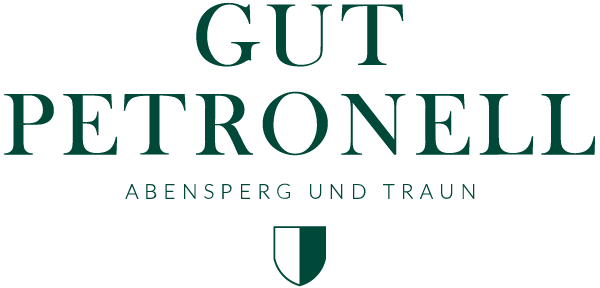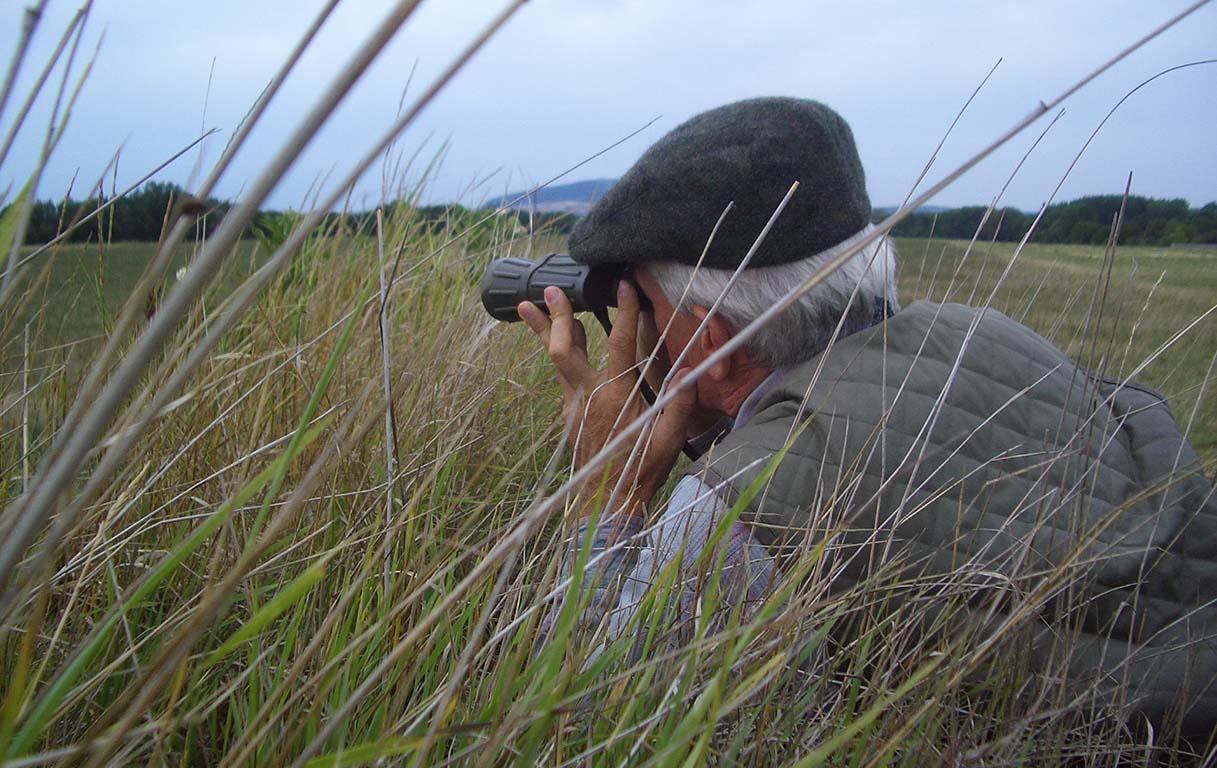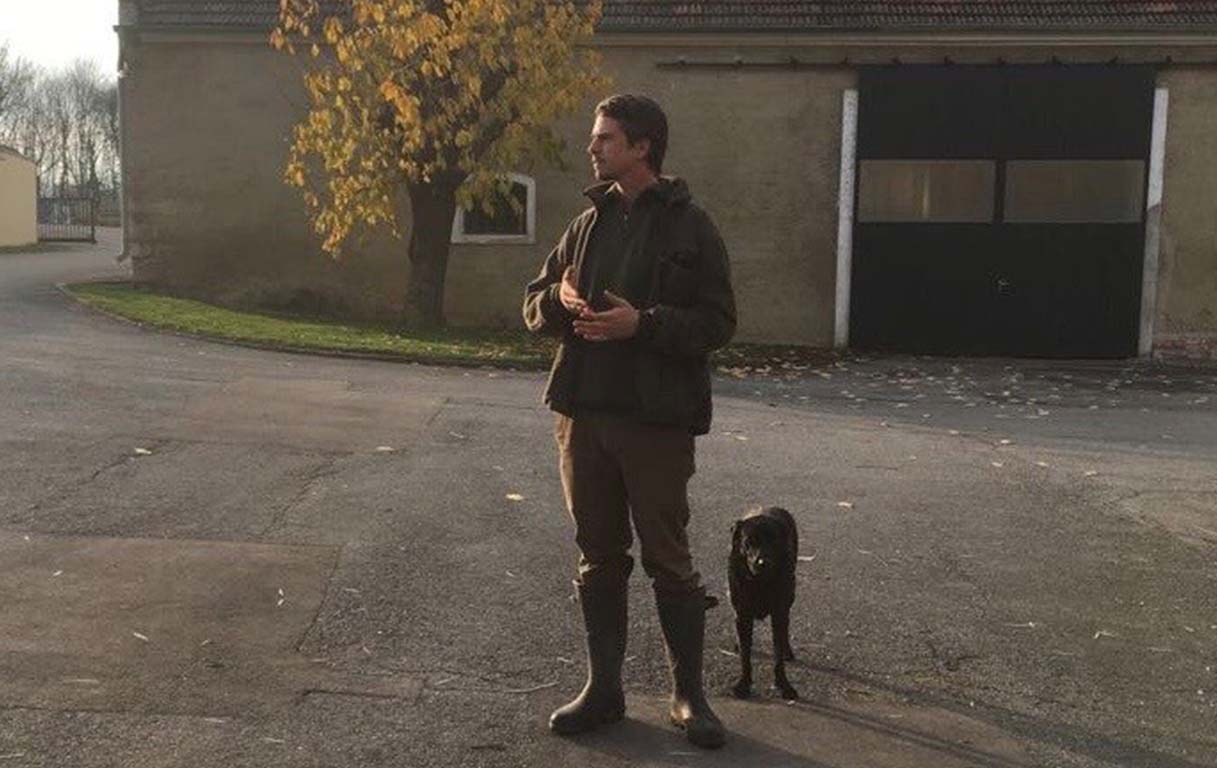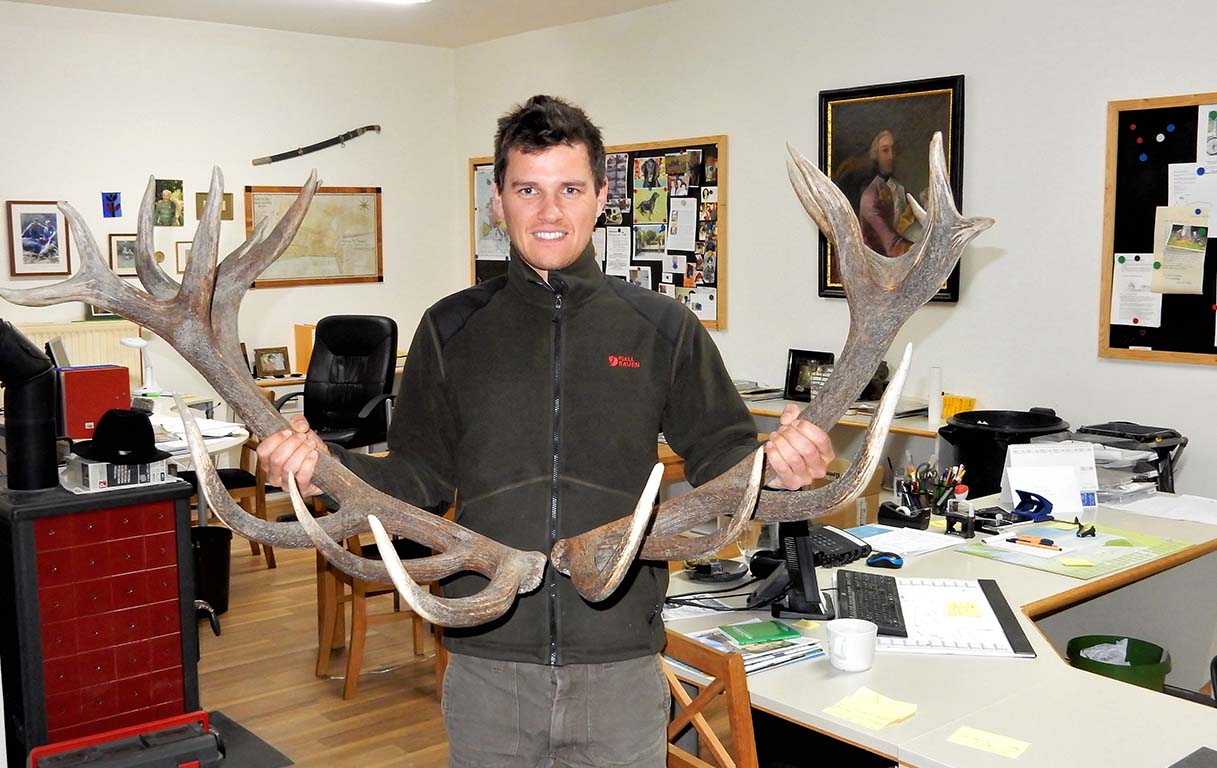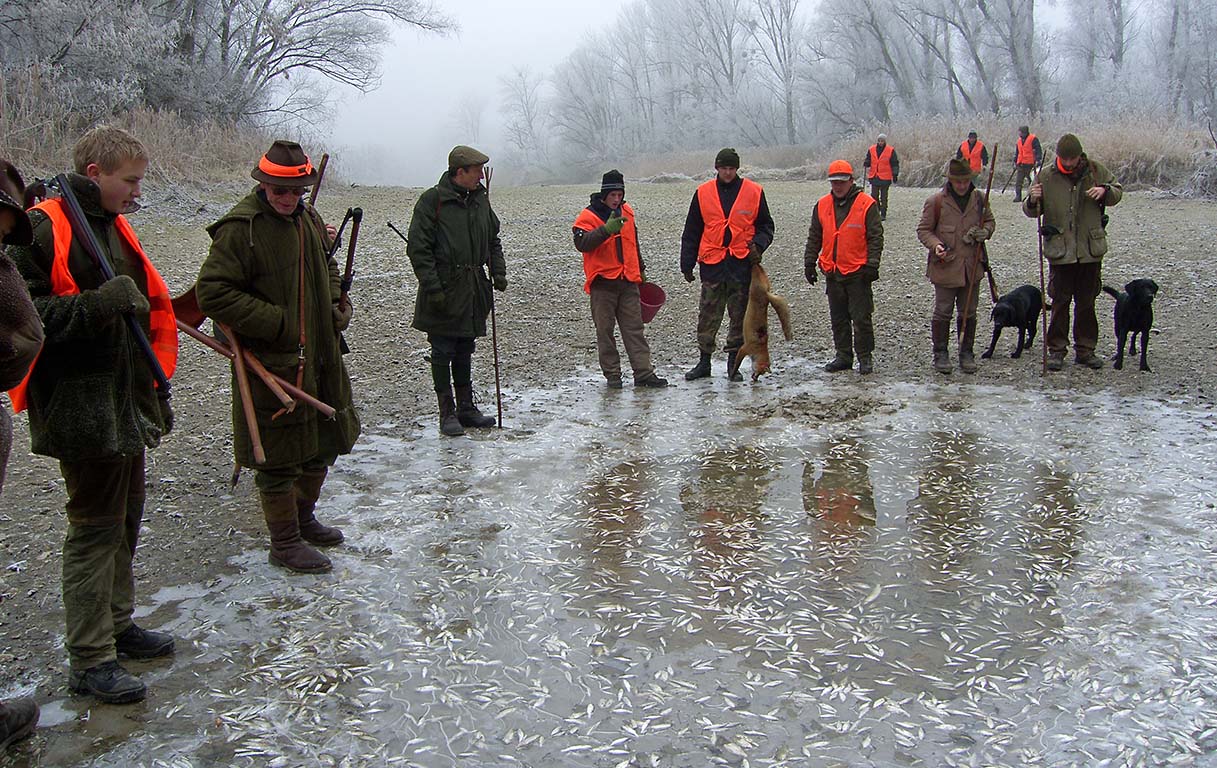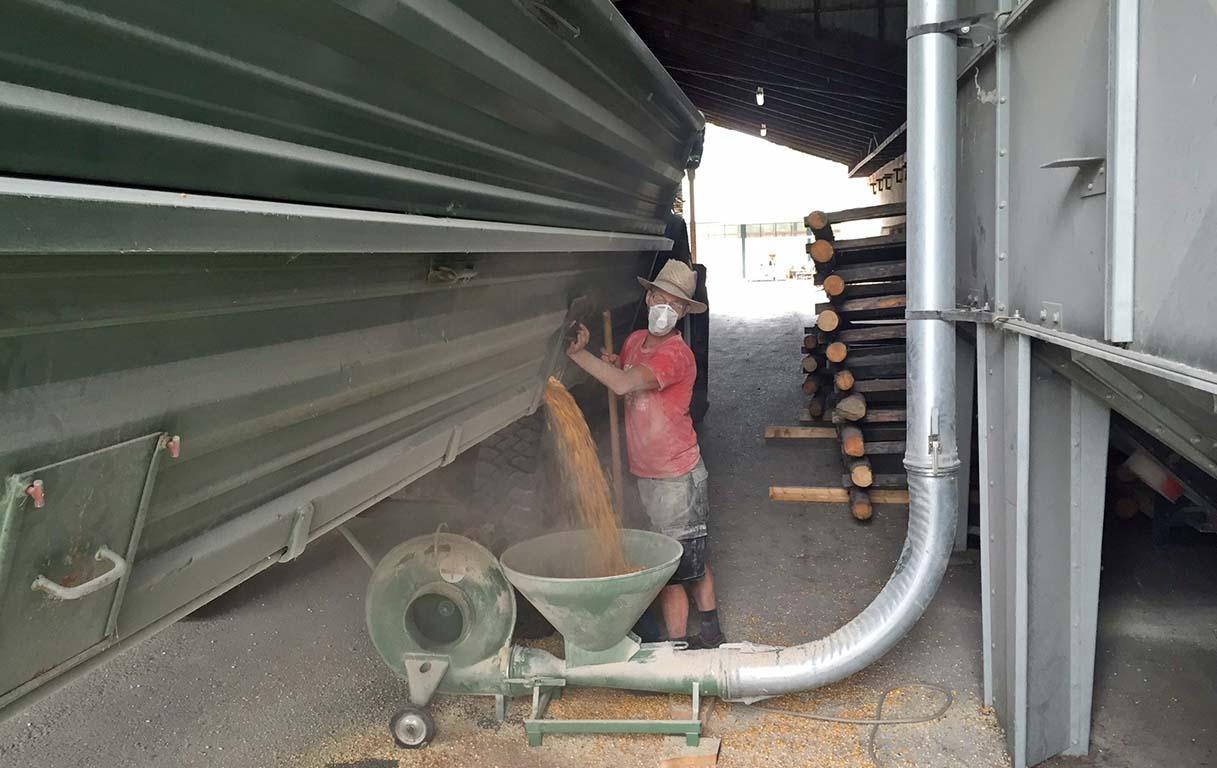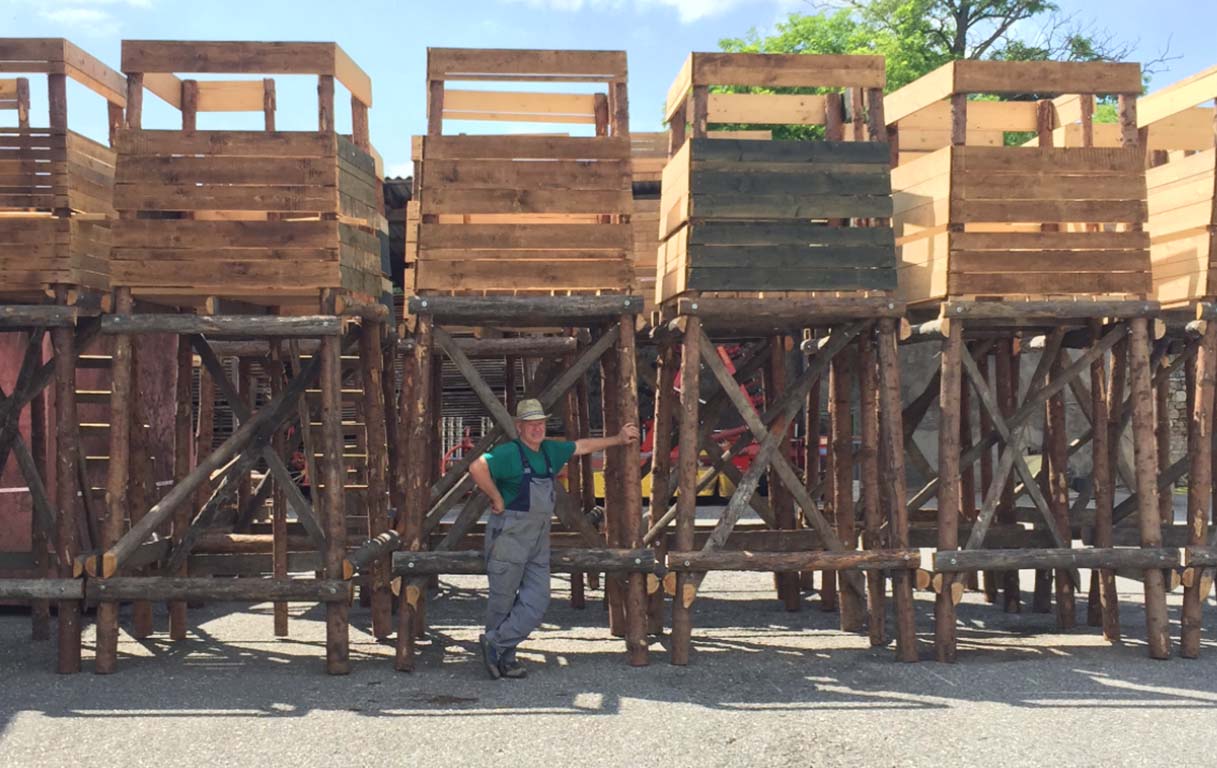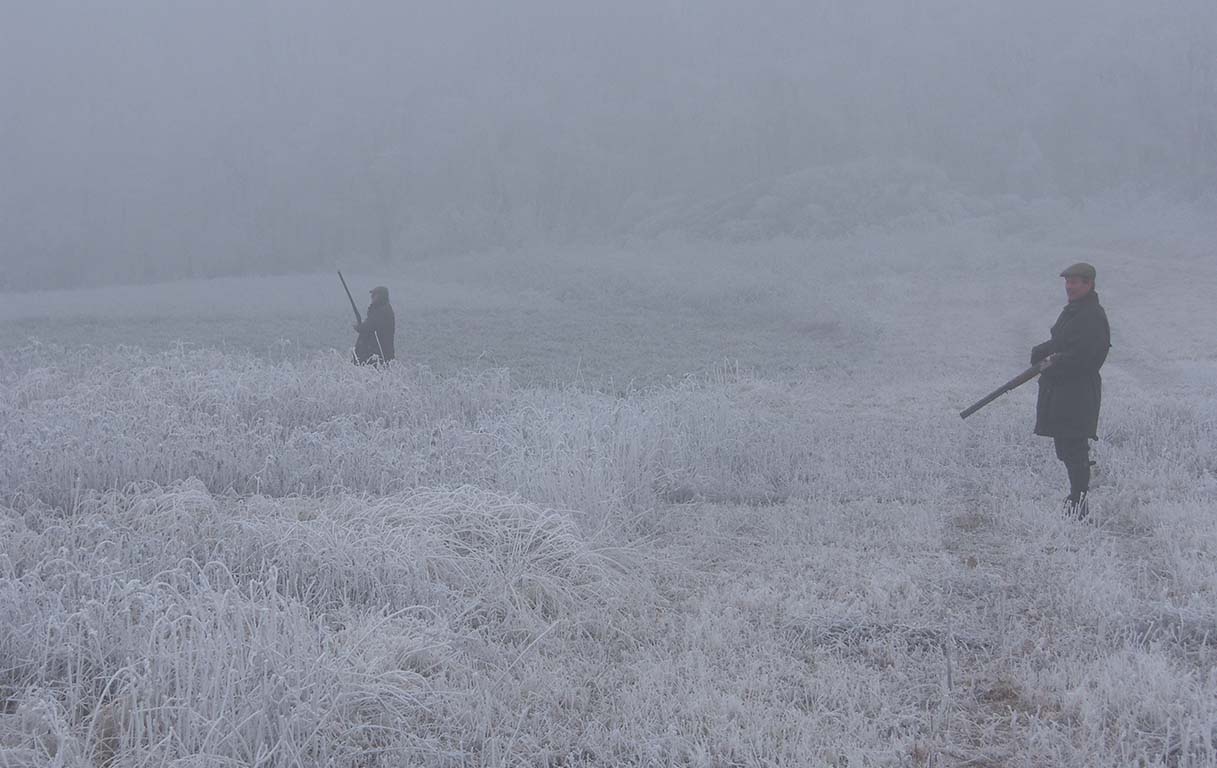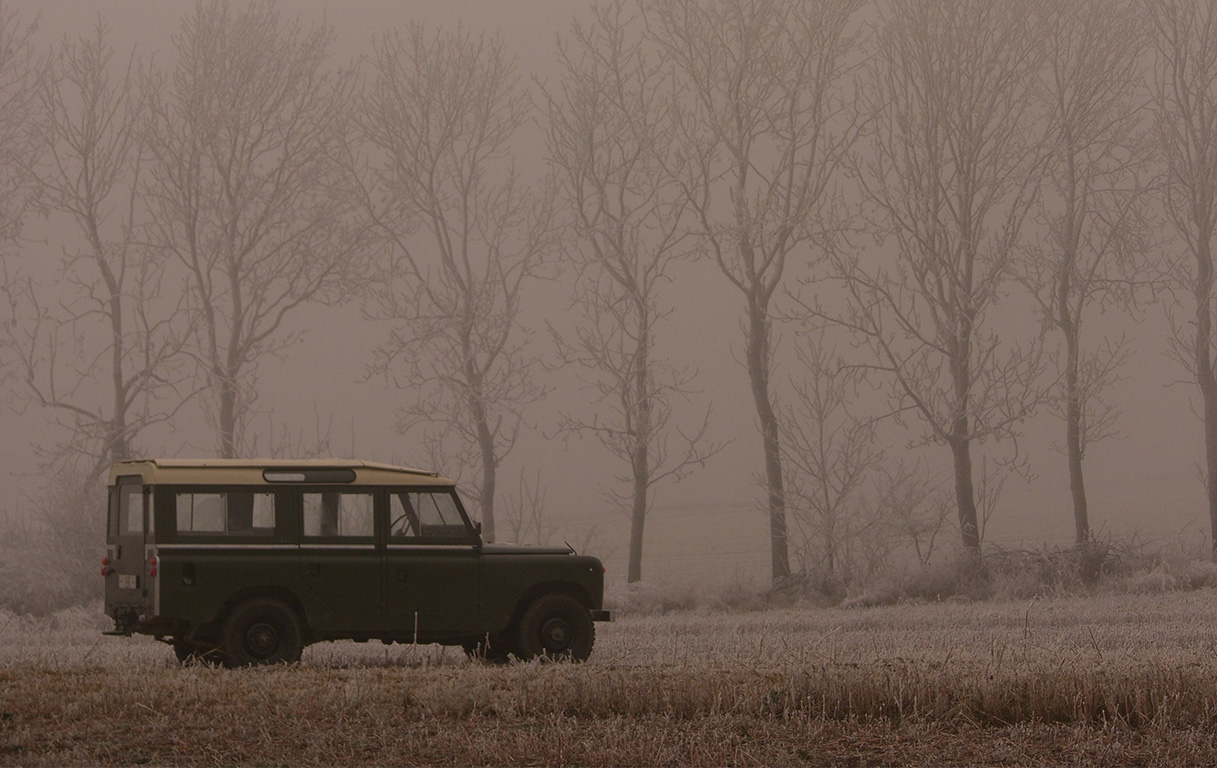Hunting.
The Petronell hunting ground.
The Petronell hunting ground.
with regard to everything
that has life.”
Hunting practices looked at from a moral and ethical perspective.
Carl Abensperg-Traun
Humans have always been hunters and gatherers. The thrill of bagging a chamois buck, the excitement of a mushroom hunt, these are the joys of harvesting the fruits of nature. A young boy will even take delight in hunting a house fly at the breakfast table. These instincts are still with us.
I, myself, have been a hunter for over 60 years, and I began the practice at a time when shooting wild animals for sport was simply an amusing part of hunting practice. In those days, animals were regarded as lesser creatures, existing only for man to use as he pleased. The suffering of the animal was rarely considered. The numerous invitations and festive small game hunts of the feudal hunting culture were a part of my early youth and the hunting practice of the day. At the age of 19 I became a professional hunter, and spent my days hunting African big game on a hunting concession the size of Burgenland. During this time, I had the privilege of becoming completely one with nature. I developed a deeper understanding of the “lust for the kill”, but I also learned to appreciate the spiritual and practical aspects of the relationship between me and the magnificent animals who lay before me with fading eyes. After my return to Austria, I slowly evolved from a hunter and consumer to an animal protector. These days, I accompany young hunters on their early expeditions.
In my opinion, a good hunter hunts with love, respect and knowledge. The hunters of the North American Indian tribes knew this, and they made a point of always asking forgiveness for taking the life of their prey.
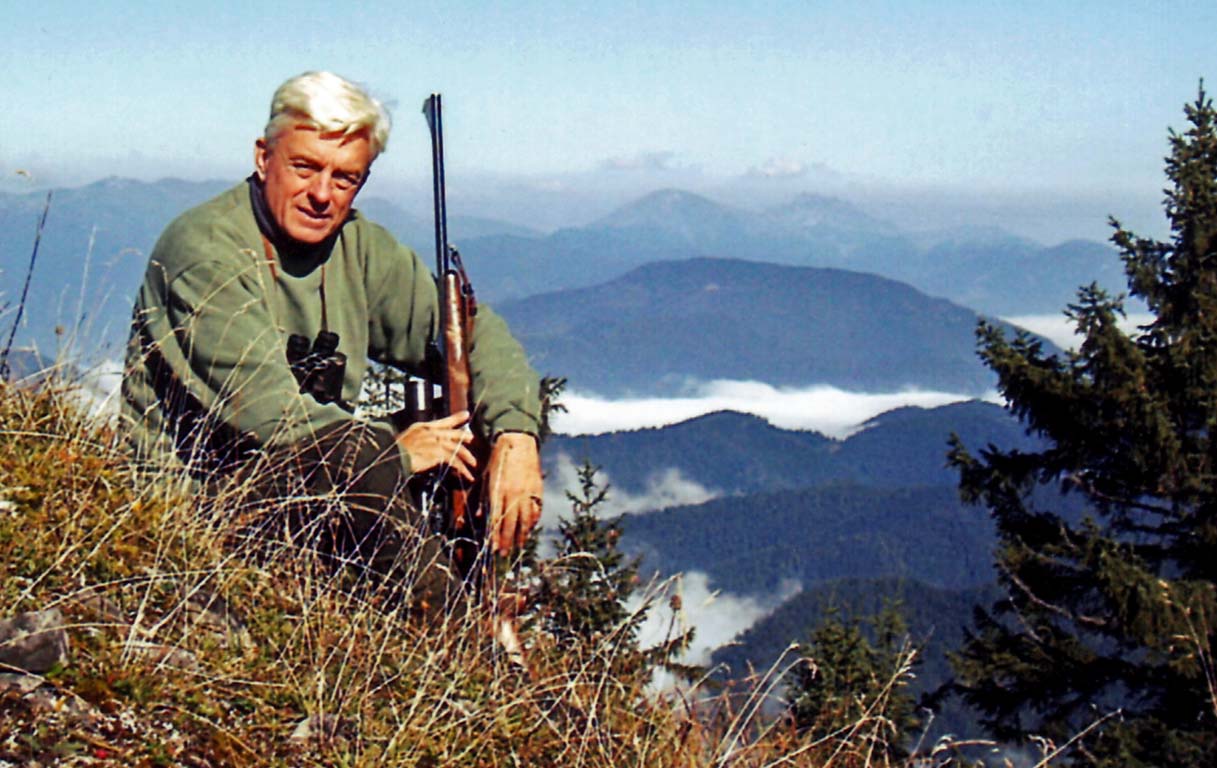
In our beautiful country, most hunters are down-to-earth people with an interest in the preservation of healthy animal numbers and a diverse natural world. Our hunting associations regularly invite knowledgeable and experienced hunters to conduct training sessions.
A painless death delivered by modern hunting weapons in the hands of trained hunters is a fact of life today. Regulations also govern the need for killed animals to be processed quickly and hygienically for human consumption. The very best in organic animal protein.
Legal regulations around the hunting industry ensure that hunters make every effort to preserve the natural world as much as possible and to maintain a healthy balance. The key concepts covered by these regulations are the avoidance of any unnecessary impact on nature, the reconciliation of interests between agriculture, forestry and game, the conservation and new establishment of natural areas of diversity, maintaining healthy numbers of wild animals and the preservation of endangered species.
And let’s not forget that Austria has earned the respect of the world with its exemplary management of the natural world in the agriculture, forestry and hunting industries.
Carl Abensperg-Traun, Januar 2022

